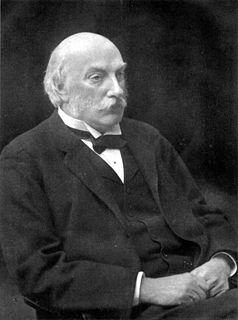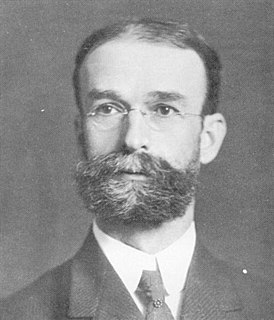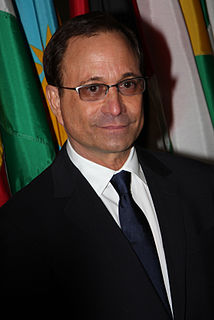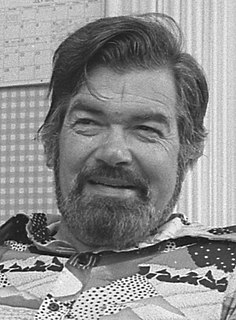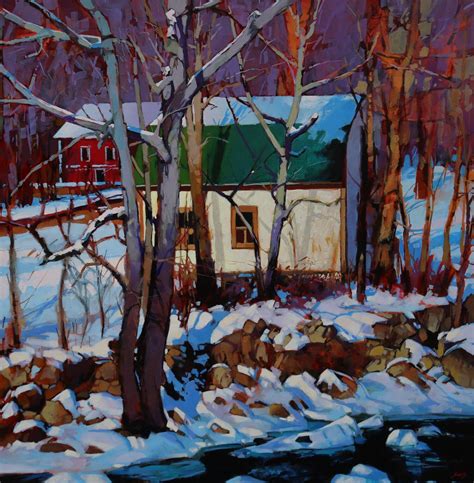A Quote by John William Strutt
Rediscovery in the library may be a more difficult and uncertain process than the first discovery in the laboratory.
Related Quotes
Discovery should come as an adventure rather than as the result of a logical process of thought. Sharp, prolonged thinking is necessary that we may keep on the chosen road but it does not itself necessarily lead to discovery. The investigator must be ready and on the spot when the light comes from whatever direction.
Perhaps if there is anything remotely interesting about my writing style, it is this: more often than not I have no idea what the story is going to be about. Sometimes I have a fuzzy vision, or a glimpse of one scene, or a character. But mostly all I have is a random first sentence, and I follow it to see where it might go. For me, writing is the process of discovery, of gradually figuring out what happens in the story and how it ends, that makes writing an interesting process for me.
The contemporary artist...is not bound to a fully conceived, previsioned end. His mind is kept alert to in-process discovery and a working rapport is established between the artist and his creation. While it may be true, as Nathan Lyons stated, 'The eye and the camera see more than the mind knows,' is it not also conceivable that the mind knows more than the eye and the camera can see?
There is no such thing as maturity. There is instead an ever-evolving process of maturing. Because when there is a maturity, there is a conclusion and a cessation. That’s the end. That’s when the coffin is closed. You might be deteriorating physically in the long process of aging, but your personal process of daily discovery is ongoing. You continue to learn more and more about yourself every day.
